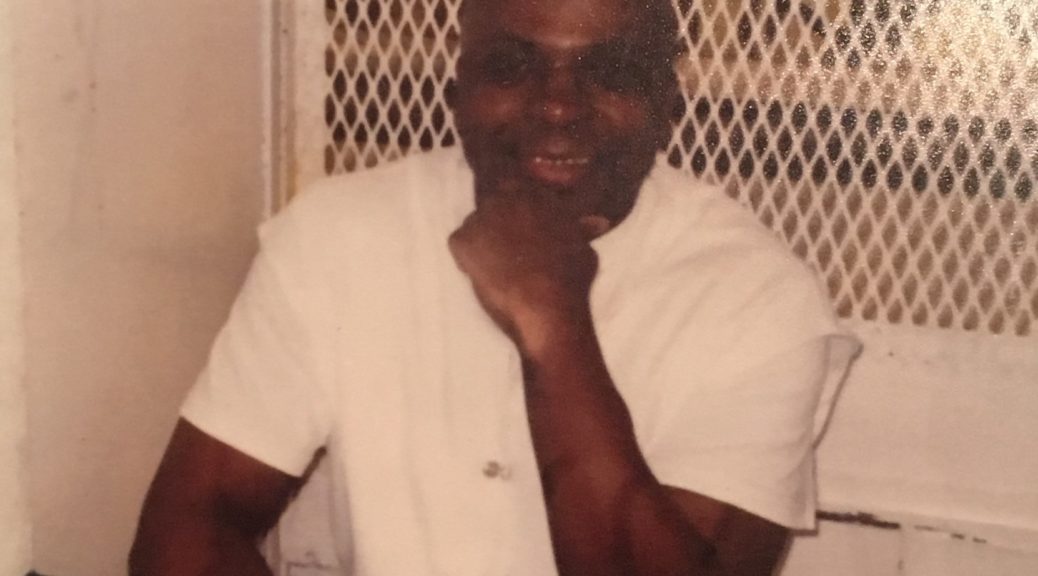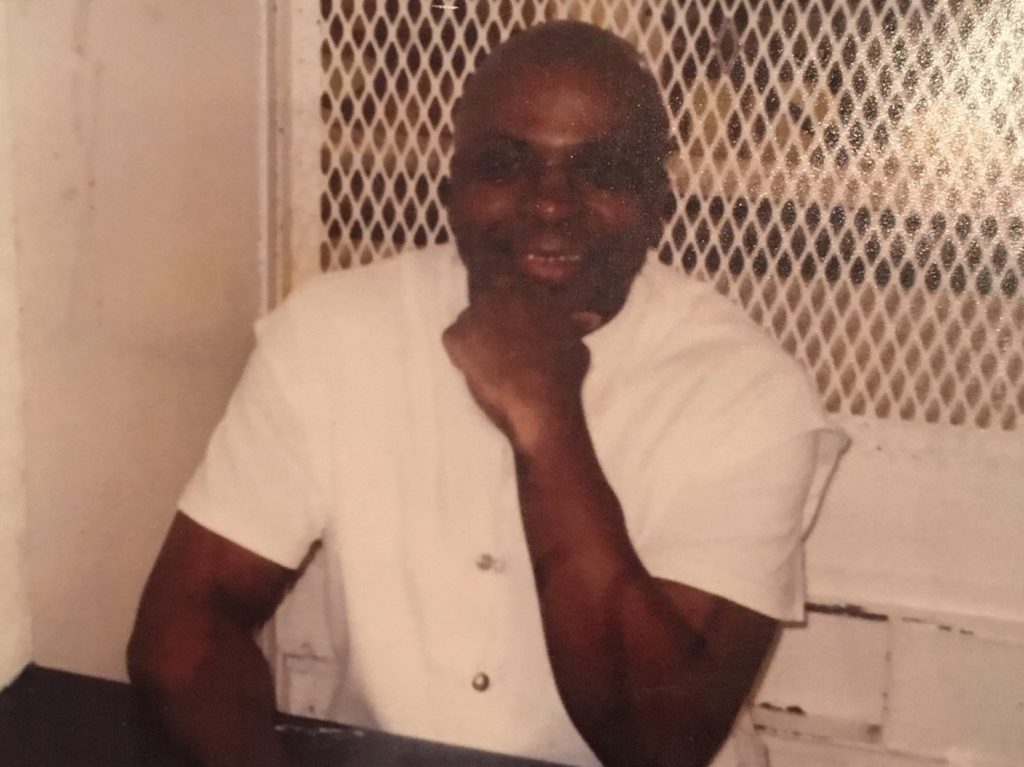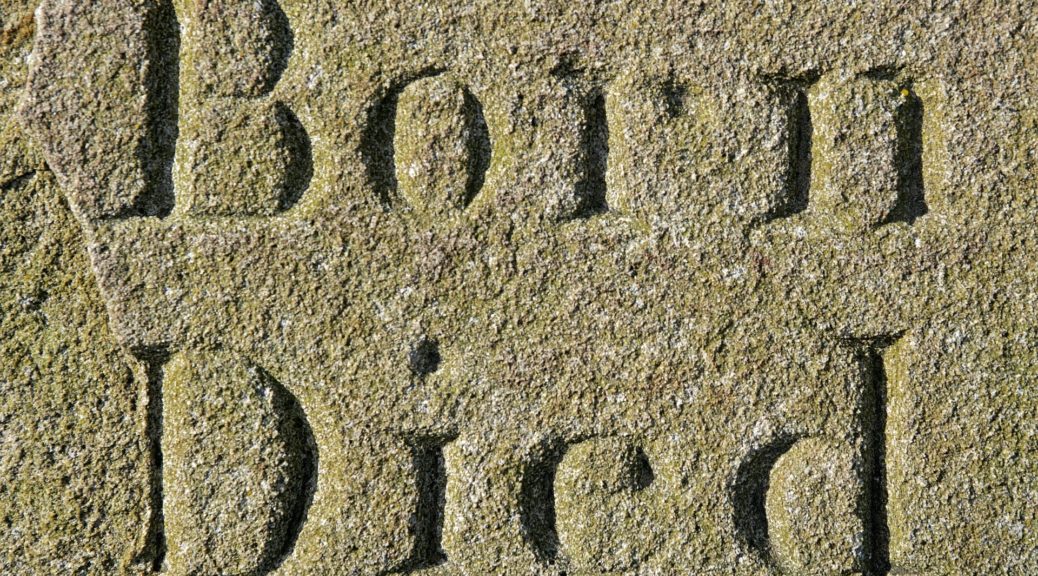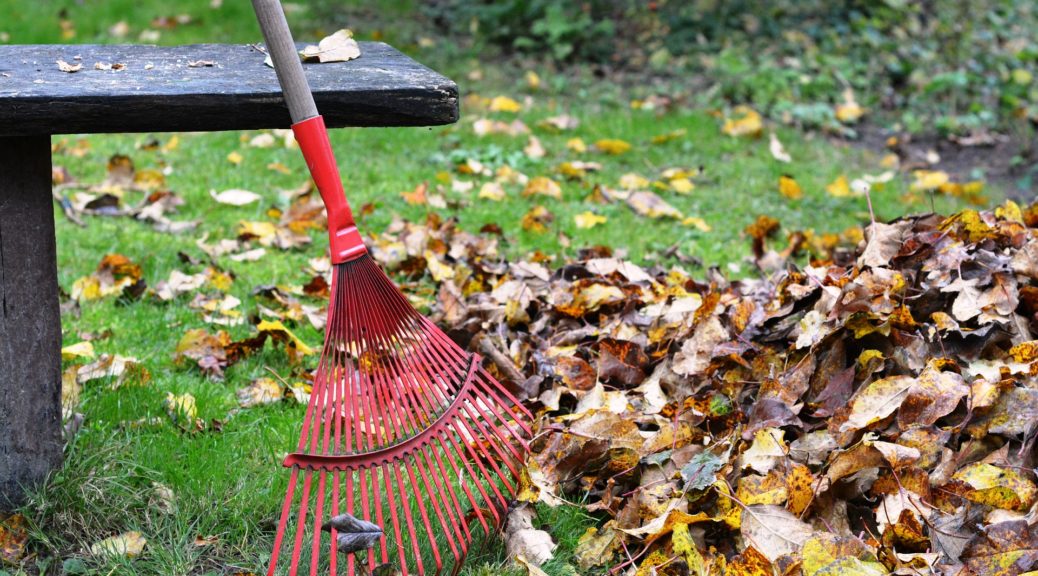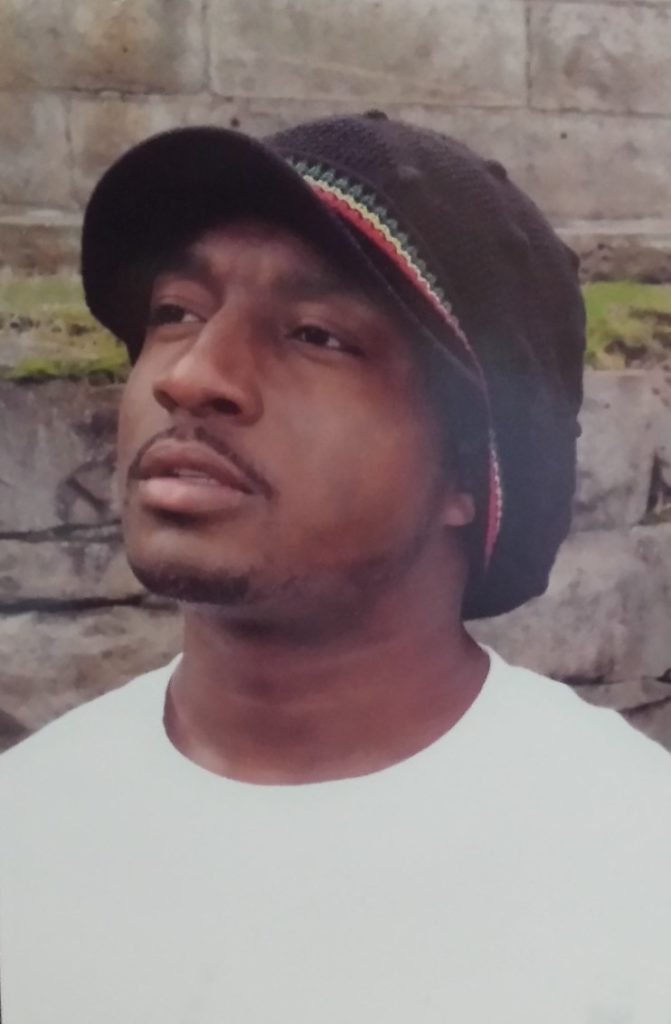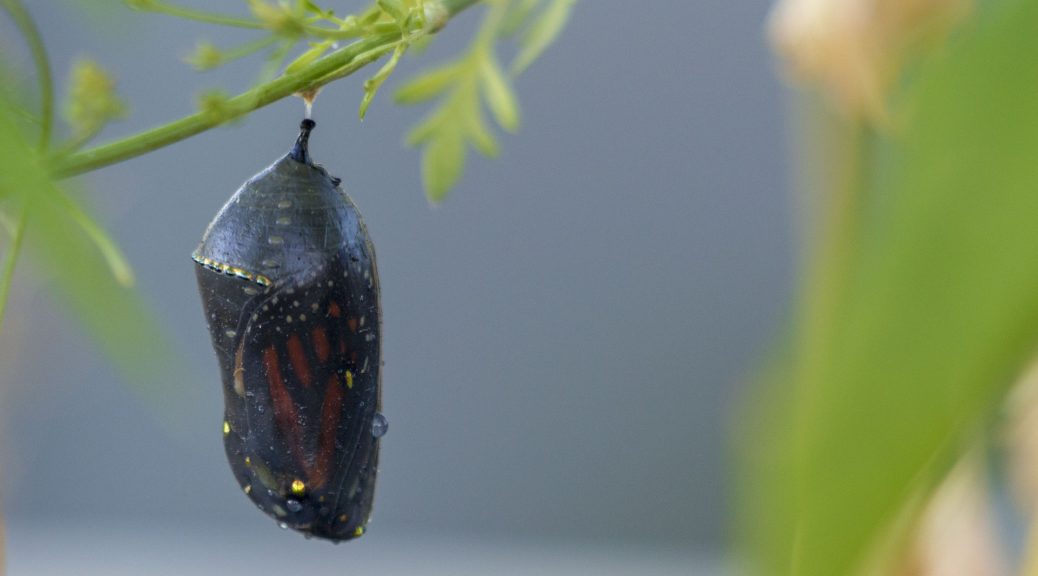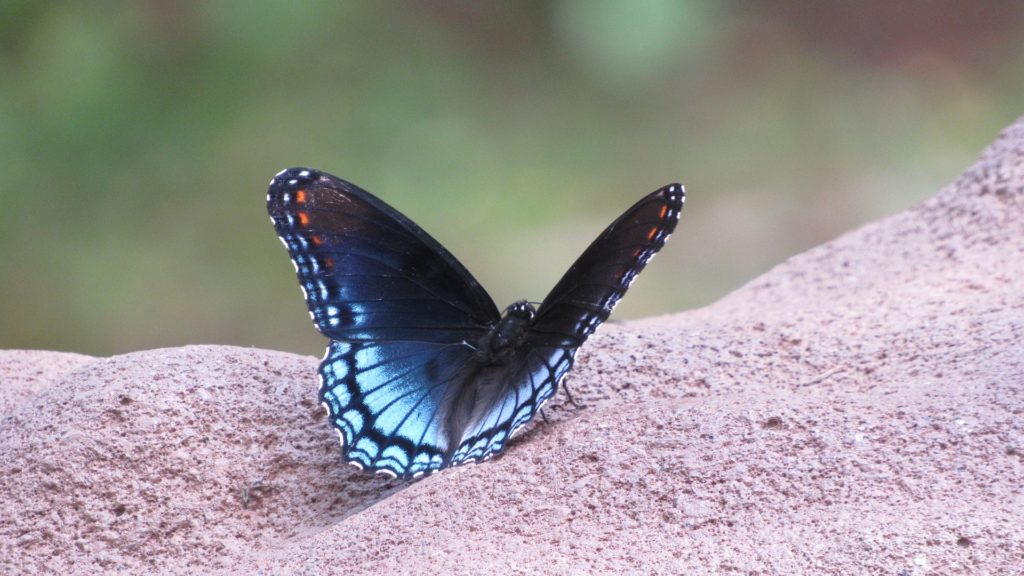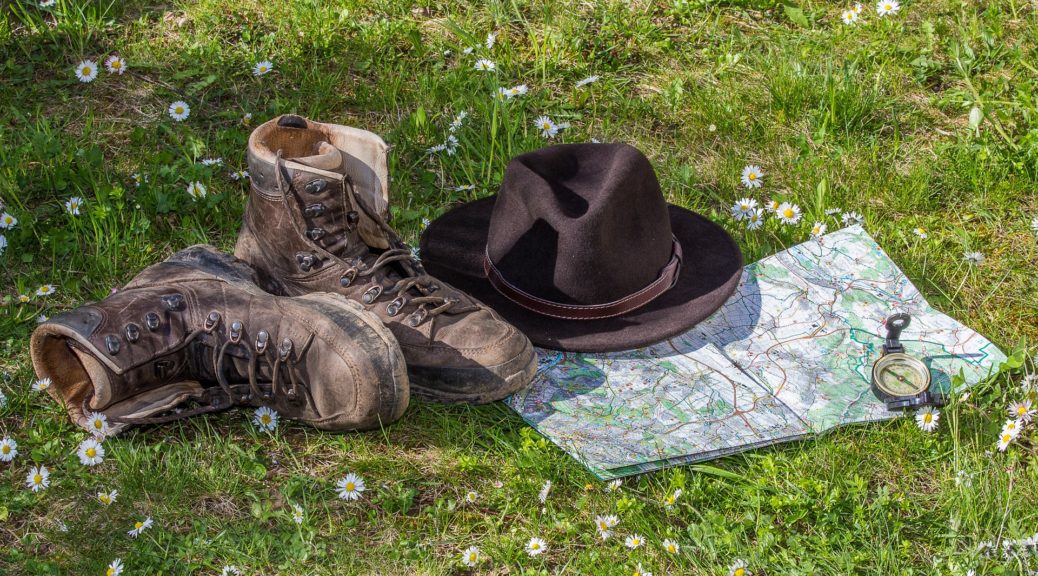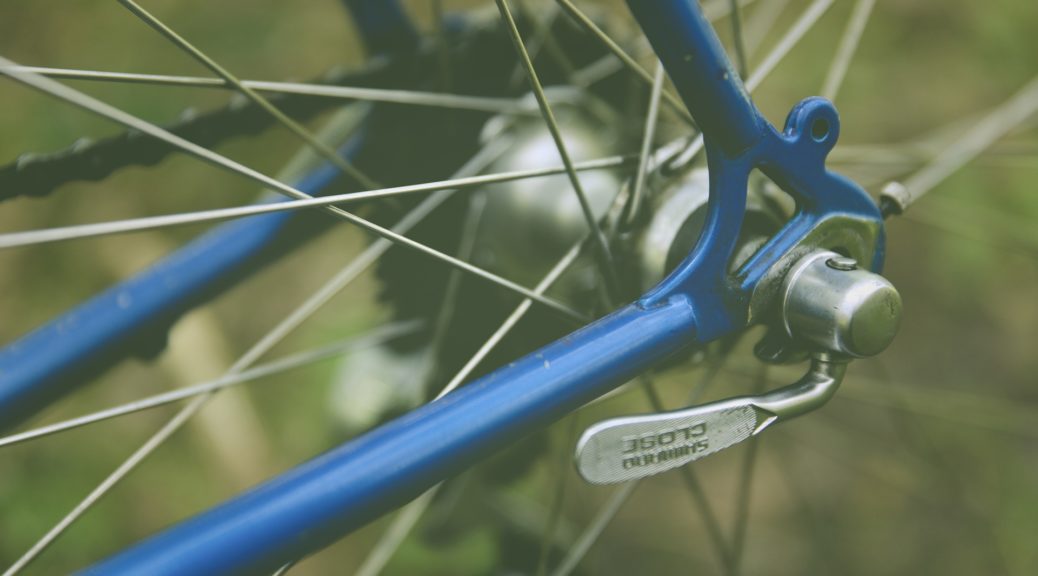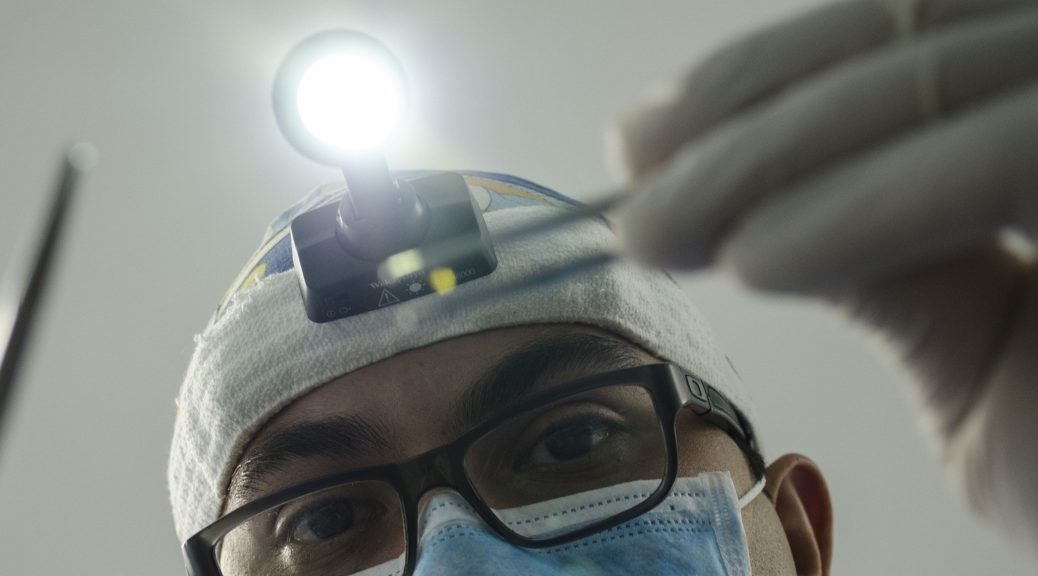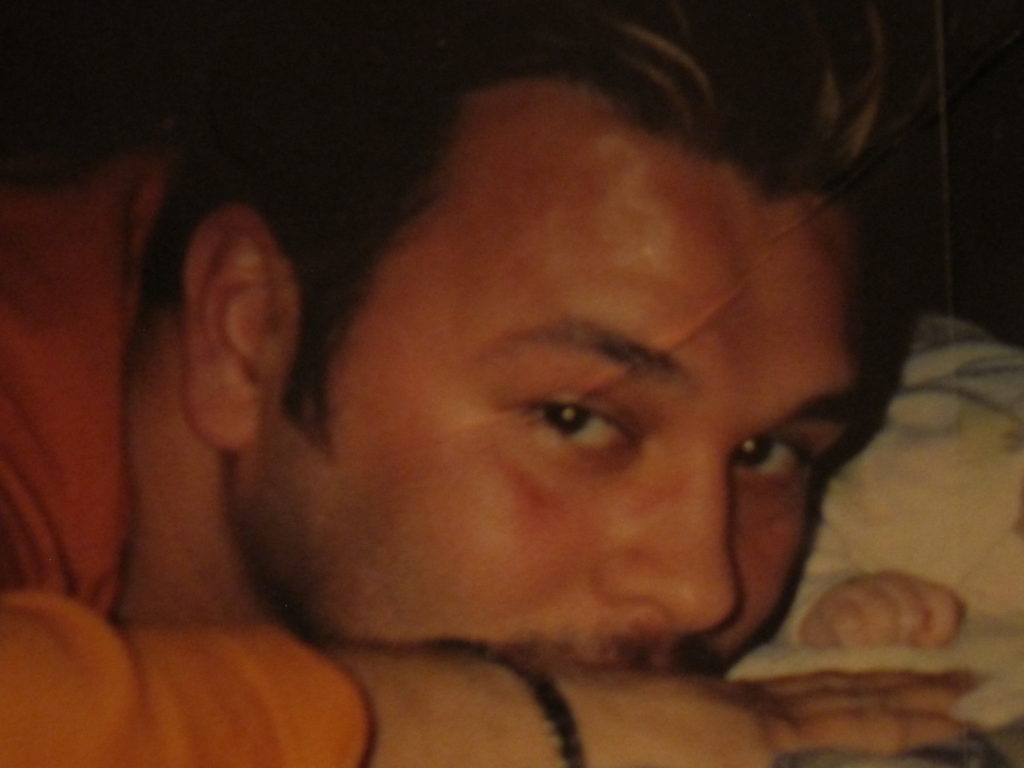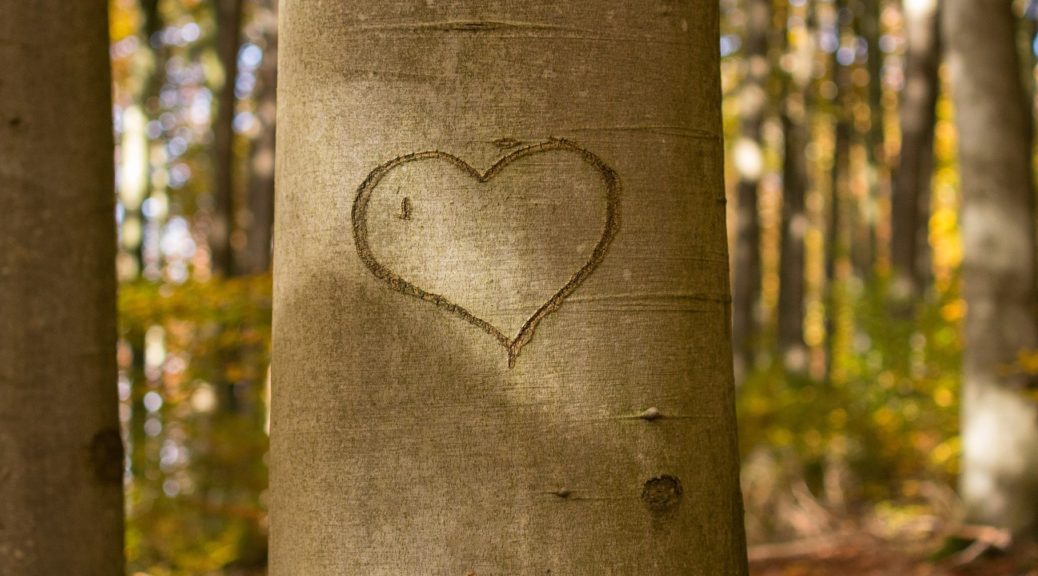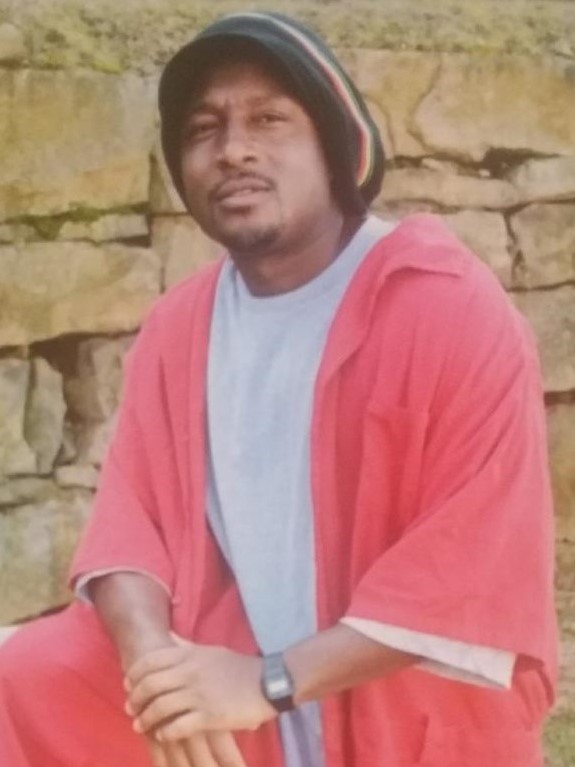”The rape kit is irrelevant.”
That’s what a homicide detective in Houston told me last week.
Charles Mamou has spent two decades on death row for the murder of Mary Carmouche – a crime he has always denied committing.
What the case lacks in physical evidence, it makes up for in questions. In 1999 the prosecution didn’t have much, but when they went looking for a man in connection to the murder, Mamou’s younger cousin, that man quickly told police that Mamou confessed to him. The cousin’s original recorded statement and his actual courtroom testimony are vastly different versions of the ‘confession’, and in between the two versions there also exists a letter the witness wrote saying that Mamou ‘didn’t tell me shit‘. The jury never saw that letter or a transcript of the cousin’s original statement, although a comparison of the video statement and testimony was written about on this site and can be seen here.

In an absence of evidence, the prosecution, with the help of Mamou’s cousin, painted a picture of Charles Mamou meant to secure a conviction – not based on evidence. Mamou was accused of crimes he was never tried for, and the jury was also shown graphic autopsy photos of a victim of a crime Charles Mamou was never charged with. They heard heartwrenching testimony from family members of victims of crimes that were not connected to Mary Carmouche.
The jury was also told by the prosecution and Mamou’s cousin that Mamou sexually assaulted the victim, although he was never charged with that crime. Sexual assault become part of the picture painted by prosecutors and reported as fact in the media.
Following is one version of the sexual assault the jury heard, as described by a prosecutor in the courtroom.
“He marches her to the back, and he makes her commit oral sodomy, makes her suck his penis. Imagine that ladies and gentlemen. That’s what he did, as she’s there. And imagine the look on her face, the terror in her eyes and how afraid she is. She’s only seventeen, and she doesn’t want to die.”
This year – two decades after the trial and after a recent records request – it was learned Joyce Carter, the Chief Medical Examiner at the time, ordered a rape kit collected when the body was discovered.
Charles Mamou never knew the kit was collected and never saw the results.
The prosecution never mentioned the rape kit during trial, although they were aware it existed and records indicate the prosecutor requested that HPD process the kit months before the trial took place. At this point in time, Charles Mamou has only just learned the rape kit existed, and has never seen the results of the processed kit.
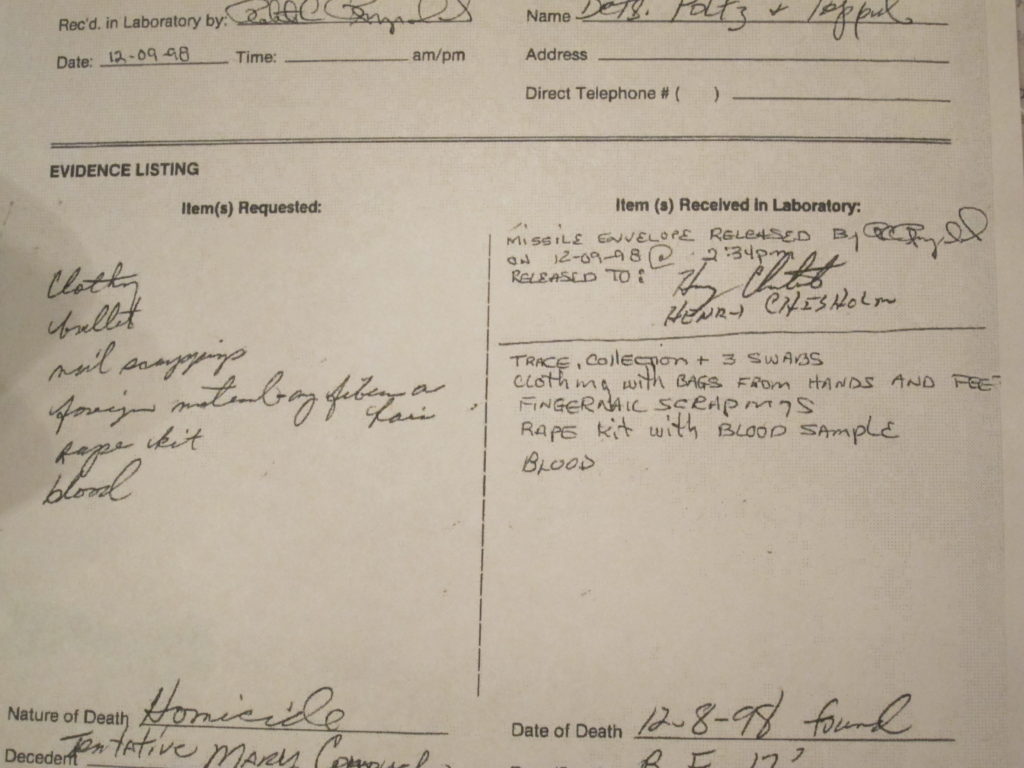
Finding the results of the rape kit was only one of the reasons I flew to Texas this year. There was something else interesting revealed in the recent HPD records request.
Two pieces of biological evidence were signed out of the lab this year – twenty years after the crime. Under ‘status’ on each of the related forms it states, ‘Report Written or to Follow’. Even more interesting, both signed out items were described as, ‘Sealed envelopes said to contain biological evidence’. Both items were signed out this year – one in April, 2019, and one in June, 2019. Both items were signed out by Mary K. Childs-Henry, who was mentioned in several articles in the Houston Chronicle in the early 2000’s. Those articles can be seen here:
September 6, 2003
February 28, 2004
January 4, 2006
January 8, 2006
January 10, 2006
January 11, 2006
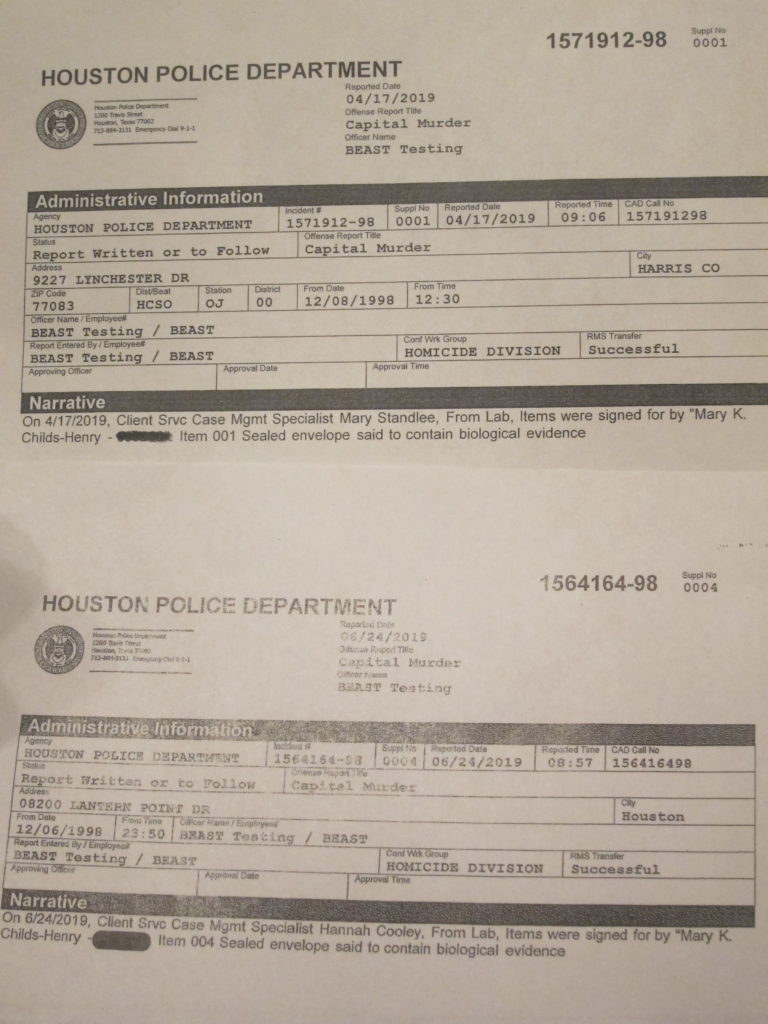
About a week after I returned home from my trip, in a phone conversation with D. Wilker at HPD – who contacted me – I was informed the rape kit was “irrelevant”. She also told me that, yes – Mary K. Childs-Henry did have the evidence in her possession at one time. I was told the evidence was now back where it belongs. I was told the evidence was not tested, as previously noted on the documentation, and that Ms. Childs-Henry had removed the evidence to ‘catalogue’ it.
The investigator who called me did not explain why biological evidence from a twenty year old case would need to be physically removed from storage to be catalogued two decades later. Not one piece – but two pieces within two months. Nor was it explained why the paperwork would say it was removed for testing – not cataloguing. It is also unclear how long the biological evidence was not located in storage, under what conditions it was stored while it was not in storage, what the evidence removed actually was, what the procedures are for chain of custody when evidence is removed from storage for cataloguing and if it was manipulated in any way while it was out of storage.
When I asked Ms. Wilker if she considered the matter closed – she informed me she did. She also told me that if the defense wanted to test something – they should have done that years ago. As stated above, Charles Mamou found out this year that a rape kit was collected.
As it stands, Charles Mamou will be executed for the murder of Mary Carmouche, a crime he has always denied committing. There is at least one relevant witnesses who was not spoken to by investigators at the time of the crime, there is a rape kit the defendant only recently learned exists and has never seen the results of, there are several contradictions in the star witness’ testimony of a confession and his original statement, as well as a letter in his own writing saying he didn’t know anything – and an overwhelming lack of evidence.
There is a timeline that makes it impossible for Charles Mamou to have completed all he is accused of in the time it took to get from the drug deal gone wrong, where the crime originated, and to the apartment complex where witnesses saw him not long after.
Although I was told the ‘the rape kit is irrelevant’ by HPD, it was relevant when the prosecution requested that it be processed twenty years ago. They requested that it be processed – because they wanted to see the results. It only became ‘irrelevant’ to the state of Texas after they did see the results – results the defense has yet to see and results the jury was never aware existed.
I tried to contact the court appointed attorney that originally defended Charles Mamou as the investigator at the Houston Police Department told me that he was aware of the rape kit, but he has not responded to my requests.
Anyone with information regarding this case can contact me at kimberleycarter@verizon.net. Anything you share with me will be confidential.
TO CONTACT CHARLES MAMOU:
Charles Mamou #999333
Polunsky Unit 12-CD-53
3872 South FM 350
Livingston, TX 77351
![]()
